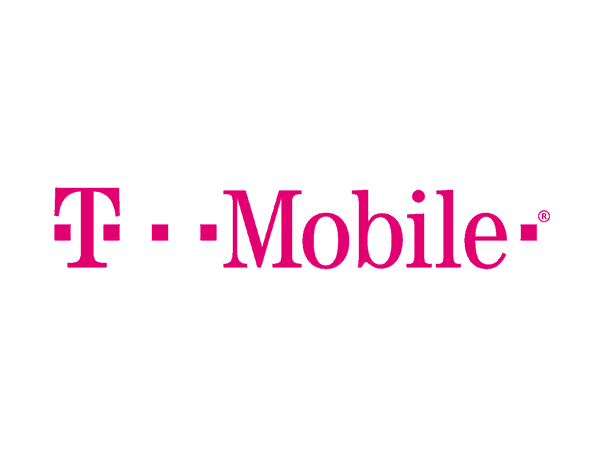 Cricket Wireless and AT&T are being sued by Maryland Attorney General Brian E. Frosh for allegedly selling phones both companies knew would stop working on Cricket’s network a year after the two companies merged.
Cricket Wireless and AT&T are being sued by Maryland Attorney General Brian E. Frosh for allegedly selling phones both companies knew would stop working on Cricket’s network a year after the two companies merged.
Frosh announced the lawsuit on Monday, claiming both wireless companies violated the Maryland Consumer Protection Act.
Cricket formerly operated its own mobile network, which relied on CDMA technology. Customers were required to use devices compatible with that mobile standard to access the Cricket network. In July 2013, AT&T agreed to acquire Cricket Wireless’ parent, Leap Wireless, for $1.2 billion. The FCC approved the acquisition in March 2014. Cricket, now under AT&T’s ownership, continued to sell CDMA mobile devices to consumers for the next year. Frosh contends both companies knew AT&T was planning to decommission Cricket’s cellular network and move customers to AT&T’s own network, which uses GSM technology incompatible with CDMA.

Frosh
That left customers with devices that stopped working with their Cricket service, requiring many to purchase new phones compatible with AT&T’s GSM network. Other customers discovered their Cricket phones were locked exclusively to Cricket’s network, and the company refused to unlock the phones so they could be used on a competitor’s network. Many customers complained their costly smartphones were less than a year old before they stopped working. Cricket’s only solution was to buy a new device, often costing hundreds of dollars.
“Cricket and AT&T continued to market and sell a product to consumers they knew wouldn’t work after their merger was complete,” said Frosh. “This practice, we allege, was undertaken to maximize profit from the sale of expensive smartphones without regard for the harm it would cause consumers.”
The lawsuit is seeking restitution, an injunction preventing Cricket and AT&T from engaging in unfair or deceptive trade practices, as well as civil penalties and costs.
A hearing on the matter is scheduled for Wednesday, September 9, 2020, at the Office of Administrative Hearings in Hunt Valley, Md. For more information, Maryland residents can call the Consumer Protection Division hotline at 410-528-8662 or toll free at 1-888-743-0023.


 Subscribe
Subscribe (Reuters) – The Federal Communications Commission (FCC) will probe an extensive T-Mobile network outage that impacted customers across the United States, the head of the U.S. telecommunications regulatory agency said on Monday.
(Reuters) – The Federal Communications Commission (FCC) will probe an extensive T-Mobile network outage that impacted customers across the United States, the head of the U.S. telecommunications regulatory agency said on Monday.
 If you’ve ever lived in small-town America, you know how bad the internet can sometimes be. So one town in North Carolina decided: If we can’t make fast internet come to us, we’ll build it ourselves. And they did, despite laughter and disbelief from Time Warner Cable (today known as Spectrum).
If you’ve ever lived in small-town America, you know how bad the internet can sometimes be. So one town in North Carolina decided: If we can’t make fast internet come to us, we’ll build it ourselves. And they did, despite laughter and disbelief from Time Warner Cable (today known as Spectrum). Frontier Communications and Suddenlink are America’s most disliked phone and cable company, ranking dead last in respective categories in the
Frontier Communications and Suddenlink are America’s most disliked phone and cable company, ranking dead last in respective categories in the  “Suddenlink remains in last place and customers find its bills harder to understand than any other pay TV provider,” the ACSI annual report states. The company’s internet service saw a 5% drop in the ACSI ratings, the steepest decline of all providers. Customers point to increasing dissatisfaction with service outages, which have increased in frequency and length. Customers now have more reasons to contact customer service, a category where Suddenlink’s rating drops even further.
“Suddenlink remains in last place and customers find its bills harder to understand than any other pay TV provider,” the ACSI annual report states. The company’s internet service saw a 5% drop in the ACSI ratings, the steepest decline of all providers. Customers point to increasing dissatisfaction with service outages, which have increased in frequency and length. Customers now have more reasons to contact customer service, a category where Suddenlink’s rating drops even further.
